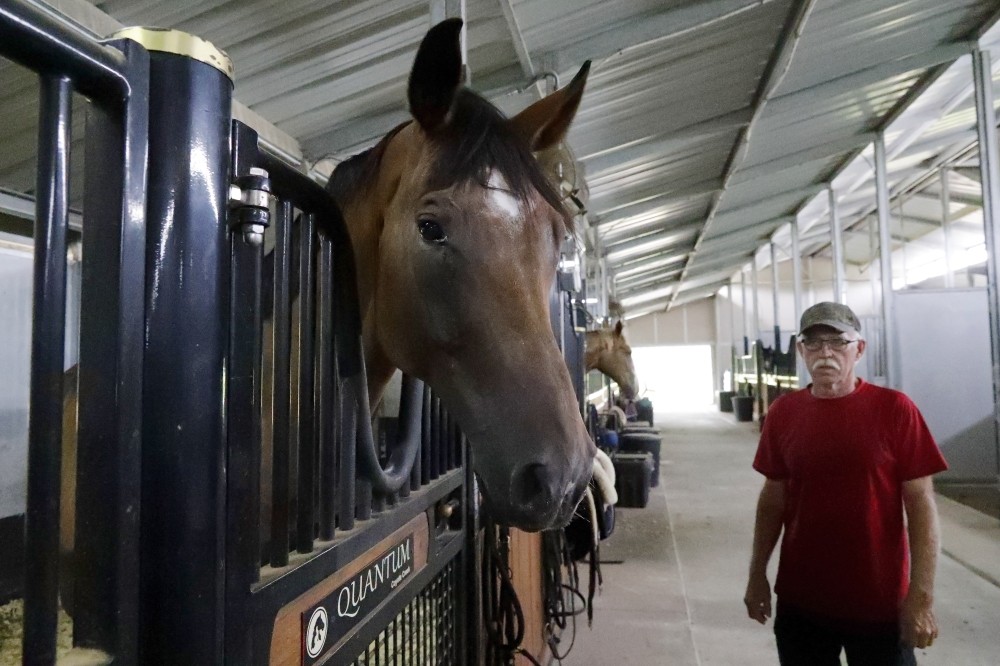14/07/2024
14/07/2024

PORTER, Texas, July 14, (AP): Hurricanes cause trouble for everyone, but farmers have a whole other list of problems.
Beryl has been no exception: Over the past week, the storm damaged crops, soaked rabbits and chickens, terrified goats, put horses at risk of developing colic and left cows without fences to keep them penned in. And the lasting power outages have been particularly devastating for animal caretakers who urgently need water, feed and supplies.
But with trees downed, power out, gas in short supply and many local businesses temporarily out of commission, farmers in the Houston area have had to find ways to cope, relying on each other, neighbors and community resources to recover.
"We all take care of each other,” said Tracy Hord, 57, who owns an equestrian facility with her husband Greg on the outskirts of Houston, which boards and trains horses. "The normal public doesn’t know what it takes ... to take care of this. You have to keep it moving because the horses can’t do without or your livestock can’t do without.”
They already have driven about an hour each way into the city this week as they scrambled to get enough bedding, the wooden shavings that line the horses’ stalls.
Extreme weather like drought, floods and storms all hit farmers hard, especially those with small outfits, and scientists expect many of those nasty conditions to get worse as a result of climate change.
In the areas of Texas closer to the coast, there are more individual producers with relatively smaller farms, said Monty Dozier, program director for the Texas A&M agricultural extension’s Disaster Assessment and Recovery Unit, which checks in on farmers after destructive weather events.
Dozier estimated there are between 14,000 and 20,000 head of cattle alone in the area between Houston and Beaumont.
That many livestock usually can't be evacuated before a storm. Occasionally people will move horses or other smaller animals, but otherwise farmers have to prepare by moving their herds to higher ground and making sure they have a way to shelter in place.


